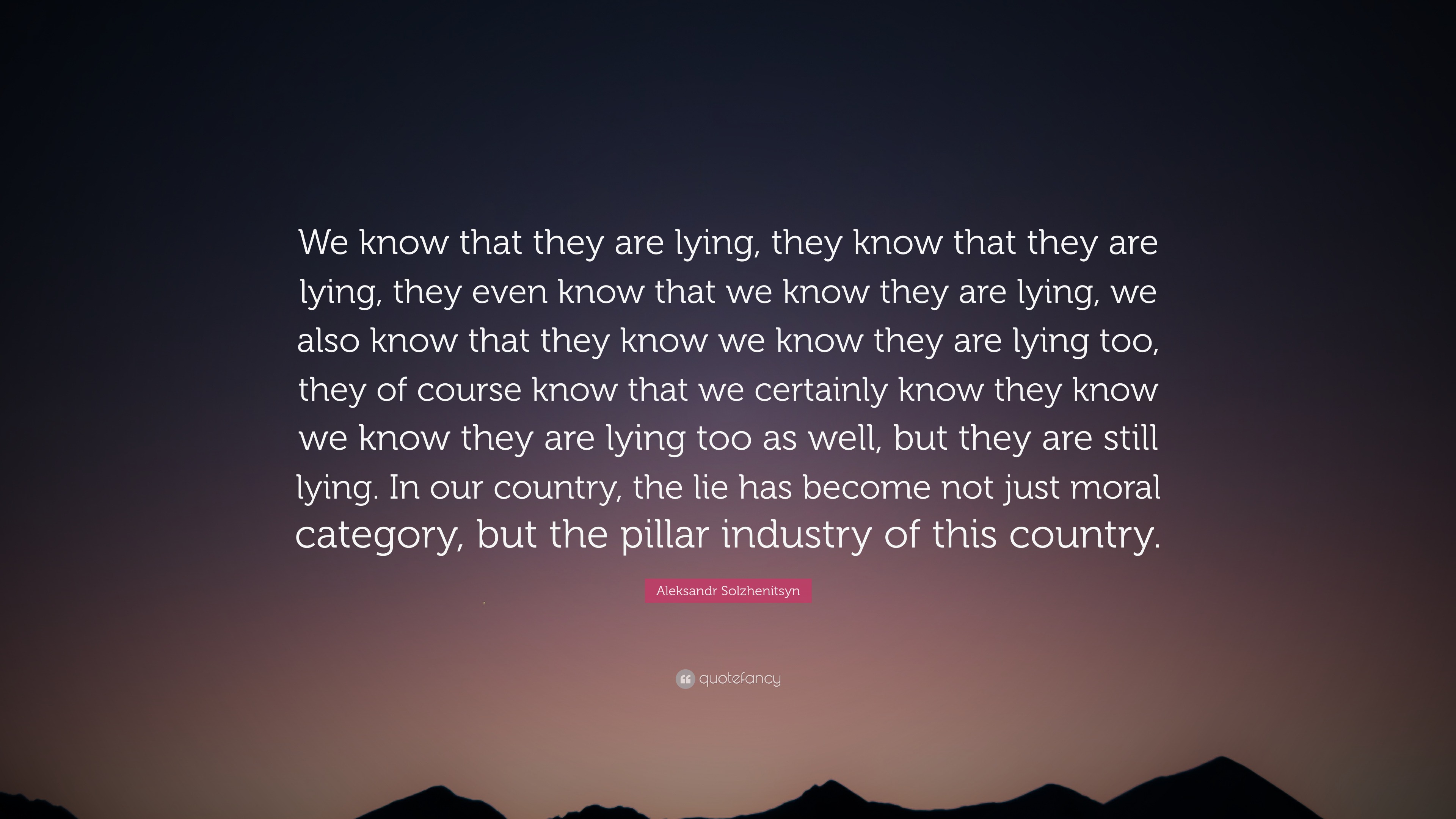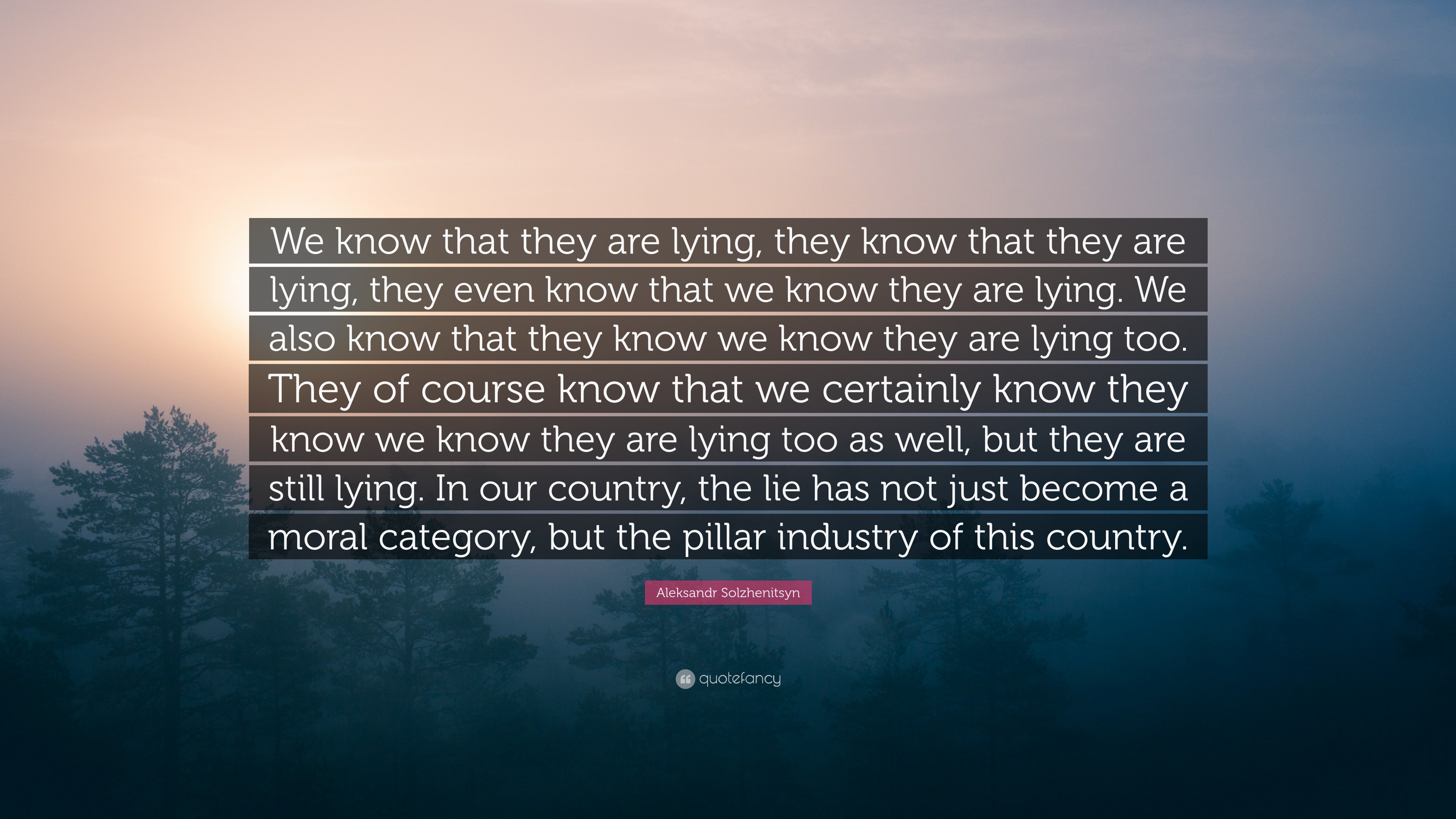Unveiling The Mystery: How Would They Know?
Have you ever wondered how others perceive your actions, decisions, or even your thoughts? The phrase "how would they know" often arises in moments of introspection or doubt, leaving us questioning the transparency of our lives. Whether it's about personal relationships, professional achievements, or societal expectations, the idea of being understood by others is both intriguing and complex. This article delves into the depths of this concept, exploring the nuances of perception, communication, and judgment.
Understanding the dynamics behind "how would they know" is crucial in navigating life's intricate web of interactions. It’s not just about what others see on the surface but also about how they interpret your actions and intentions. People often rely on context, body language, and verbal cues to form opinions, but these interpretations can sometimes be flawed or incomplete. By examining the factors that influence perception, we can gain valuable insights into human behavior and improve our communication skills.
In today’s fast-paced world, where information is abundant and attention spans are short, the question of "how would they know" becomes even more relevant. Are we truly expressing ourselves in a way that aligns with our intentions? Or are we leaving room for misunderstandings? This article will guide you through practical strategies to ensure your message is clear and your actions are understood, empowering you to take control of how others perceive you.
Read also:La Apparel Redefining Fashion And Sustainability
Table of Contents
- What Does "How Would They Know" Mean?
- Why Is Perception Important in Life?
- How Can You Communicate Better?
- What Are the Common Misunderstandings?
- How Would They Know Your True Intentions?
- The Role of Body Language in Perception
- Why Do People Judge So Quickly?
- How to Avoid Being Misunderstood?
- Can You Control How Others Perceive You?
- Conclusion: Understanding "How Would They Know"
What Does "How Would They Know" Mean?
The phrase "how would they know" is often used to express doubt or skepticism about whether others can truly understand a situation or person. It reflects the gap between what we know internally and what others perceive externally. This gap can lead to misunderstandings, misinterpretations, and even conflict. By exploring this phrase, we can uncover the underlying reasons why people struggle to connect and communicate effectively.
Why Is Perception Important in Life?
Perception shapes how we interact with the world and how the world interacts with us. It influences our relationships, career opportunities, and personal growth. When others perceive us positively, doors open, and opportunities arise. However, when perceptions are negative or inaccurate, it can hinder our progress. Understanding the role of perception in life is key to navigating challenges and building meaningful connections.
How Can You Communicate Better?
Effective communication is the cornerstone of bridging the gap between "how would they know" and actual understanding. Here are some tips to improve your communication skills:
- Be clear and concise in your messaging.
- Use active listening to understand others' perspectives.
- Pay attention to non-verbal cues like facial expressions and gestures.
- Ask for feedback to ensure your message is understood.
What Are the Common Misunderstandings?
Misunderstandings often arise when there is a lack of clarity or when assumptions are made. For instance, someone might assume you're disinterested in a conversation because of your tone, even if that wasn't your intention. These misunderstandings can lead to frustration and conflict, making it essential to address them promptly and openly.
How Would They Know Your True Intentions?
When it comes to intentions, people often rely on context and behavior to make judgments. However, these judgments can be flawed if the context is unclear or if behavior is misinterpreted. To ensure others understand your true intentions, it's important to align your actions with your words and be transparent in your interactions.
The Role of Body Language in Perception
Body language plays a significant role in how others perceive you. A simple smile, nod, or posture can convey confidence, friendliness, or even disinterest. Being mindful of your body language can help bridge the gap between "how would they know" and actual understanding.
Read also:Douglas Elliman The Premier Name In Real Estate Services
Why Do People Judge So Quickly?
Humans are wired to make quick judgments as a survival mechanism. In social settings, this tendency can lead to snap decisions about others based on limited information. While these judgments can sometimes be accurate, they are often incomplete or biased.
How to Avoid Being Misunderstood?
To avoid being misunderstood, focus on clarity and consistency in your communication. Here are some strategies:
- Speak directly and avoid vague language.
- Use examples to illustrate your points.
- Be open to questions and clarifications.
- Check in with others to ensure they understand your perspective.
Can You Control How Others Perceive You?
While you can't fully control how others perceive you, you can influence their perceptions through your actions, words, and behavior. By being authentic and consistent, you can reduce the chances of being misunderstood and build trust with others.
Conclusion: Understanding "How Would They Know"
The phrase "how would they know" highlights the complexities of human perception and communication. By exploring the factors that influence how others perceive us, we can take steps to bridge the gap between internal thoughts and external understanding. Whether it's through better communication, mindful body language, or fostering transparency, the key is to strive for clarity and authenticity in all interactions.
TikTokers That Are On The Hub: Exploring The Rising Stars Of Social Media
Is Icy Vintage Legit? A Complete Guide To Authenticity And Trust
Why Can't I Direct Message On TikTok? A Complete Guide To Fixing Messaging Issues

Aleksandr Solzhenitsyn Quote “We know that they are lying, they know

Aleksandr Solzhenitsyn Quote “We know that they are lying, they know